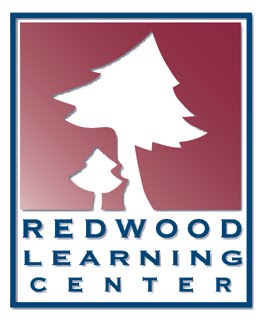
When the NFL launched NFL Play 60 in 2007, they encouraged kids to get at least 60 minutes per day in order to promote good health and to tackle the rising problem of childhood obesity. With the rising popularity of video games and the draw of the television, kids are spending increasingly more time involved in sedentary activities. Knowing what we know about exercise and energy levels, this trend is counterintuitive to common sense.
For children with autism, the effects of exercise can be more meaningful than avoiding illnesses, increasing energy levels, and improving sleep (though these are all important, too). Several studies have documented decreases in intensity and frequency of self-stimulatory behaviors following bouts of rigorous exercise. These effects were relatively short - 45 to 90 minutes - but profound. Children that engaged in exercise were better able to focus on tasks immediately following the exercise intervals. While these studies are not numerous, they point towards a field of research that should be explored further.
That being said, we understand that sometimes it is just easier to switch on the video games or television. It is not always possible to drop everything you are doing to step outside for some playtime. Luckily, research shows that exercise does not need to be done all at once in order for the participant to reap the benefits. Instead of finding a 60-minute period of time to exercise and play outside each day, break that time up into manageable 15 minute intervals. Riding your bikes around the block a few times or playing a game of shadow tag in the backyard is likely to boost your child's mood (and your own) far more than watching another episode of Penguins of Madagascar.

Here are some ideas for working exercise into your child's life:
- riding bikes
- jumping on a trampoline
- playing tag
- rollerblading
- playing soccer (or just kicking the ball around the yard)
- playing catch
- swimming
- running on a treadmill (older children)
- riding a stationery bicycle (older children)
This list is just the tip of the iceberg. We would like to hear your ideas. Please leave a comment to tell us how you incorporate physical activity into your child's life.
In Utah, there are a couple of organizations that provide opportunities for children with disabilities to be involved in outdoor activities. If you do not live in Utah, contact your local autism or disability support group for resources.
In Utah:
Splore: "Splore is a Utah based non-profit organization that specializes in promoting empowering experiences in an active friendly world through affordable, customized, inclusive recreation and education programs for people of all abilities."
National Ability Center: The National Ability Center (NAC) is committed to the development of lifetime skills for people of all ages and abilities by providing affordable outdoor sports and recreational experiences in a nurturing environment.
NAC's summer camp registration is open. If you live in Utah, be sure to check out their schedule.
References:
Freeman, S.K. The Complete Guide to Autism Treatments: A Parent's Handbook: How to make sure your child gets what works! 2007. SKF Books, Langley, B.C., Canada.
_Smaller.jpg)




1 comment:
Thanks for mentioning the National Ability Center in your post. We've found that having summer camps designed just for kids with Autism has been a big draw for parents all over the country. If a camp isn't for you, we also offer each individual program as individual or family activities. You can learn more about those here: http://www.discovernac.org/session_schedules.htm.
Post a Comment